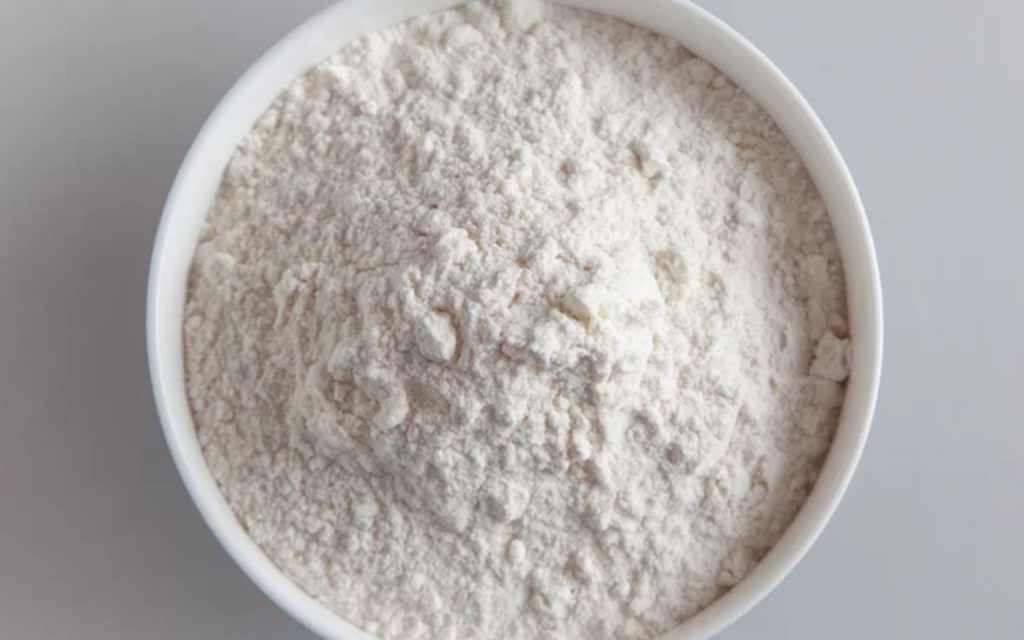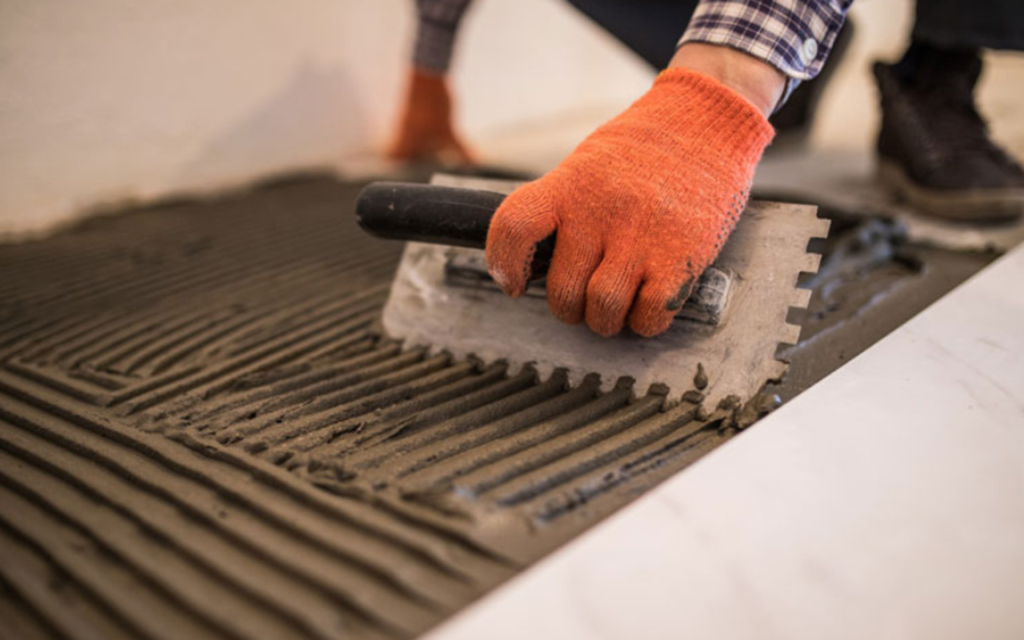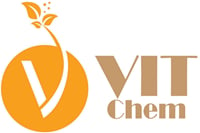Polyvinyl alcohol powder has been widely used as a water-soluble film-forming adhesive substance in some dry-mixed mortar products in recent years, especially with the emergence of powdered polyvinyl alcohol products, which provides a relatively good bonding material for powder and paste putty. Although polyvinyl alcohol powder can be added to dry mortar products like Redispersible Polymer powder to increase its bond strength, its overall performance is far from comparable to Redispersible Polymer powder. Polyvinyl alcohol only acts as a protective colloid and truly realizes low-temperature flexible bonding, reflecting better impermeability, alkali, abrasion, impact and crack resistance, and water retention are still accomplished by vinyl acetate-ethylene and vinyl acetate-ethylene tertiary carbonate copolymers. Therefore, the two prices are also quite different, polyvinyl alcohol powder can be added to produce some cheap dry-mixed mortar products, but the amount of addition should be increased appropriately. Since polyvinyl alcohol is highly hydrophilic, it has poor water resistance.

The degree of alcoholysis of polyvinyl alcohol powder is about 88%, it can be easily dissolved in water, and its water-soluble viscosity is relatively large. Therefore, polyvinyl alcohol powder can be easily formulated into 801.802 glue, which can be used as paste-like interior wall putty mixed with white cement and talcum powder, and used as an adhesive for exterior wall putty and interface agent.
Main application
The application of polyvinyl alcohol in the construction industry mainly has the following aspects:
(1) As a film-forming substance in water-soluble paints;
(2) As an emulsifier in vinyl acetate emulsion;
(3) As a protective colloid in Redispersible Polymer powder;
(4) As the primary raw material for the production of 802 glue;
(5) In dry-mixed mortar products, adding polyvinyl alcohol powder can improve the cohesion and flexibility of cement mortar and prevent the plaster from cracking and falling off.

Basic characteristics of polyvinyl alcohol
(1) Viscosity: The viscosity varies with the variety, concentration, and temperature. The viscosity value rises sharply as the concentration increases; it decreases significantly as the temperature increases.
(2) Cohesion: Polyvinyl alcohol has a strong binding force to hydrophilic porous surface materials, such as paper, textiles, wood, concrete, mortar, and smooth, non-absorbent surfaces.
(3) Film-forming property: It can form an excellent flexible film, and a plasticizer can adjust the mechanical strength of polyvinyl alcohol film.
(4) Gas impermeability: After polyvinyl alcohol is formed into a film, it is highly impermeable to many gases, especially oxygen, carbon dioxide, hydrogen, nitrogen, and hydrogen sulfide. But the air permeability is high for chlorine gas and water vapor, and the gas passing rate for polyvinyl alcohol is high.
(5) Chemical resistance: It has high corrosion resistance to sodium hydroxide, acetic acid, most inorganic acids, sodium nitrate, aluminum chloride, calcium chloride, calcium carbonate, sodium sulfate, and potassium sulfate.
(6) Water solubility: The solubility of polyvinyl alcohol has a lot to do with the degree of alcoholysis of the product. Products with a degree of alcoholysis of 87% to 89% have the best water solubility, such as polyvinyl alcohol PVA 24-88, which has a degree of alcoholysis of 88% and can be well dissolved in cold and hot water. Of course, in actual production, using hot water can speed up the dissolution rate. When the degree is more than 89% to 90% generally needs to be heated to 60 to 70Y to dissolve completely; if more than 90% is only soluble in hot water of 95Y.



